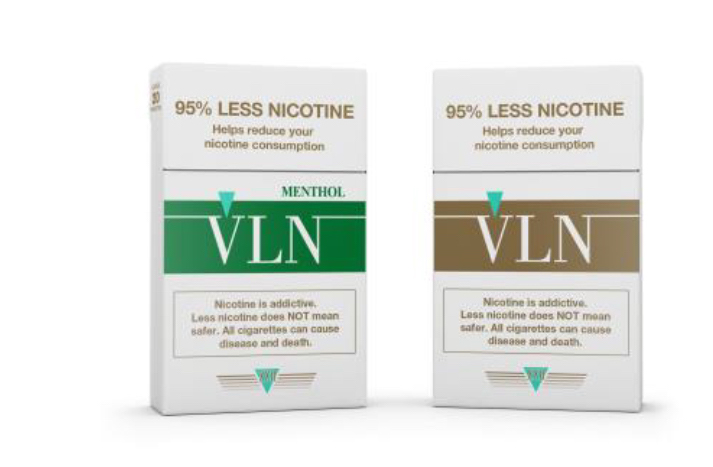The move comes after the CDC categorizes substance use disorder as an at-risk condition
By Jason Langendorf
April 1, 2021An update to the list of at-risk conditions for COVID-19 infection at the Centers for Disease Control and Prevention (CDC) may allow people with addiction to be vaccinated for the virus sooner than expected.
On Monday, the CDC added substance use disorder (SUD) to its list of conditions that can increase the risk of severe illness or death from the coronavirus. The organization’s website has been updated to reflect the change: “Having a substance use disorder can make you more likely to get severely ill from COVID-19. People who use drugs may also have underlying medical conditions that put them at increased risk for severe illness from COVID-19, and they may have concerns and questions related to their risk.”
There are now 17 conditions that qualify individuals for priority groups for vaccinations. Along with SUD, Down syndrome, dementia and other neurological conditions, liver disease, HIV infection, stroke and type 1 diabetes have been added to the CDC’s list.
Patients with alcohol and substance use disorders do have an increased risk of infections—not just COVID but infections in general. In part, this is because alcohol and drugs damage the immune system.”—Lorenzo Leggio, senior investigator for the joint NIAA-NIDA Section on Clinical Psychoneuroendocrinology and Neuropsychopharmacology
Although the update acknowledges the heightened risk of COVID infection, illness and lethality for people with addiction, the CDC notes that vaccination protocols vary by state: “Because the supply of COVID-19 vaccine in the United States is currently limited, CDC is providing recommendations to federal, state and local governments about who should be vaccinated first. … Each state has its own plan for deciding which groups of people will be vaccinated first. You can contact your state health department for more information on its plan for COVID-19 vaccination.”
Addiction as a Pre-existing Condition
As more virus research has become available, the CDC and other organizations are beginning to respond to addiction as a pre-existing condition. Last September, TreatmentMagazine.com raised the subject with Lorenzo Leggio, M.D., Ph.D., M.Sc., a senior investigator for the joint National Institute on Alcohol Abuse and Alcoholism (NIAA)-National Institute on Drug Abuse (NIDA) Section on Clinical Psychoneuroendocrinology and Neuropsychopharmacology, and the author of an article on the matter in the July 2020 issue of The American Journal of Psychiatry.
“Patients with alcohol and substance use disorders do have an increased risk of infections—not just COVID but infections in general,” Leggio told TM. “In part, this is because alcohol and drugs damage the immune system. They make your immune system vulnerable, which increases your risk of getting infections.
“To make things more complicated, these are patients who also may have medical problems to begin with. For example, patients with addiction often have riskier [behaviors]; think about smoking. Also, they tend to be more prone to cardiovascular problems, including hypertension and heart issues. Other organs are damaged, too. And then when they get an infection—compared to someone who’s healthy—they have multi-organ medical problems. The body is less able to fight against the virus, and this leads the body to be more susceptible to complications from it.”
Photo: Lina Trochez














